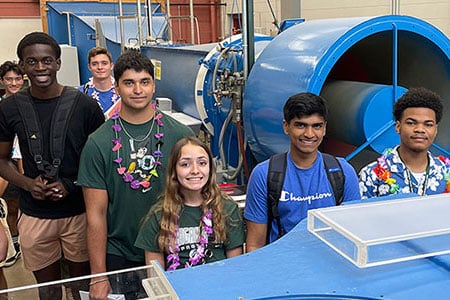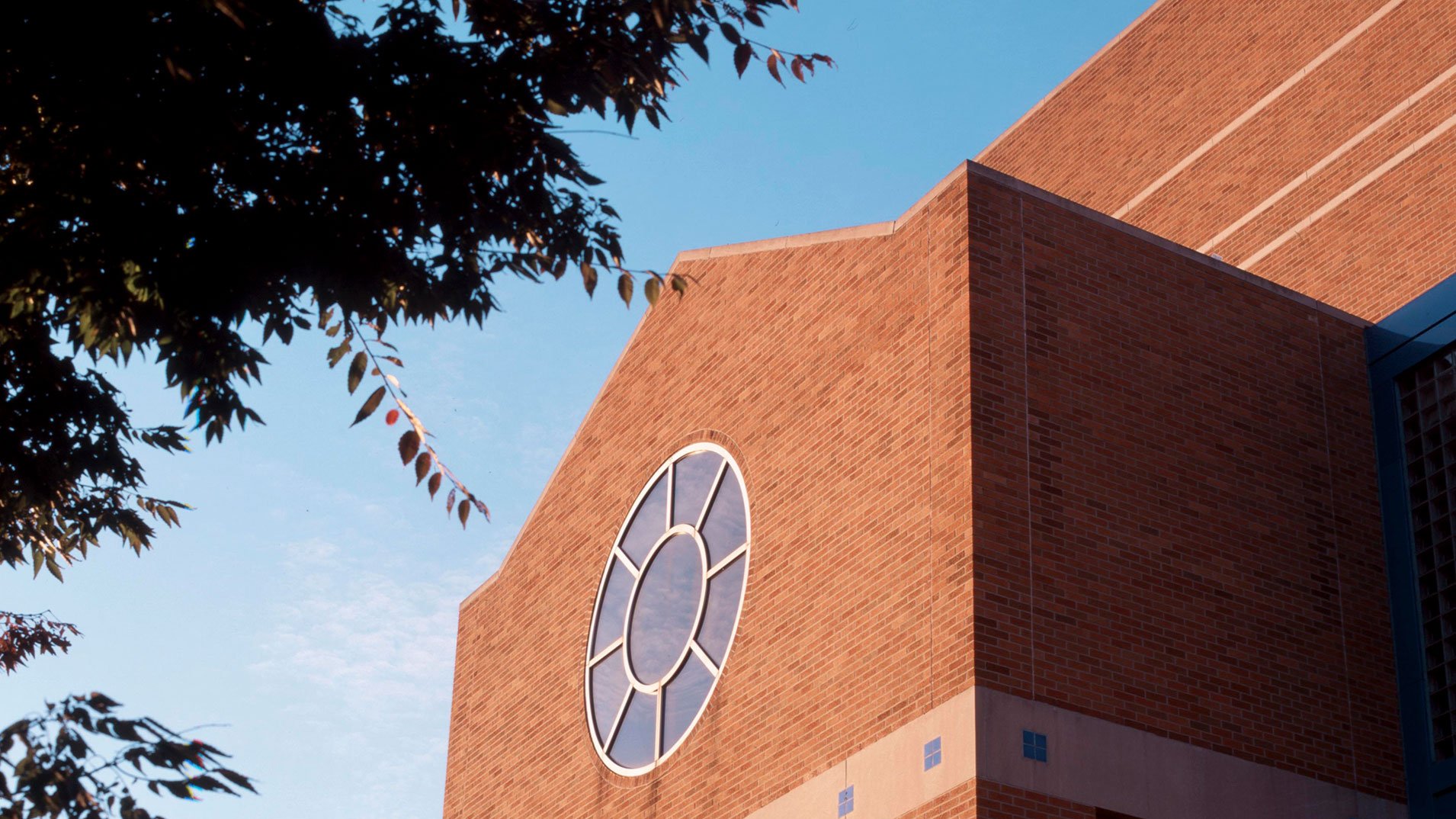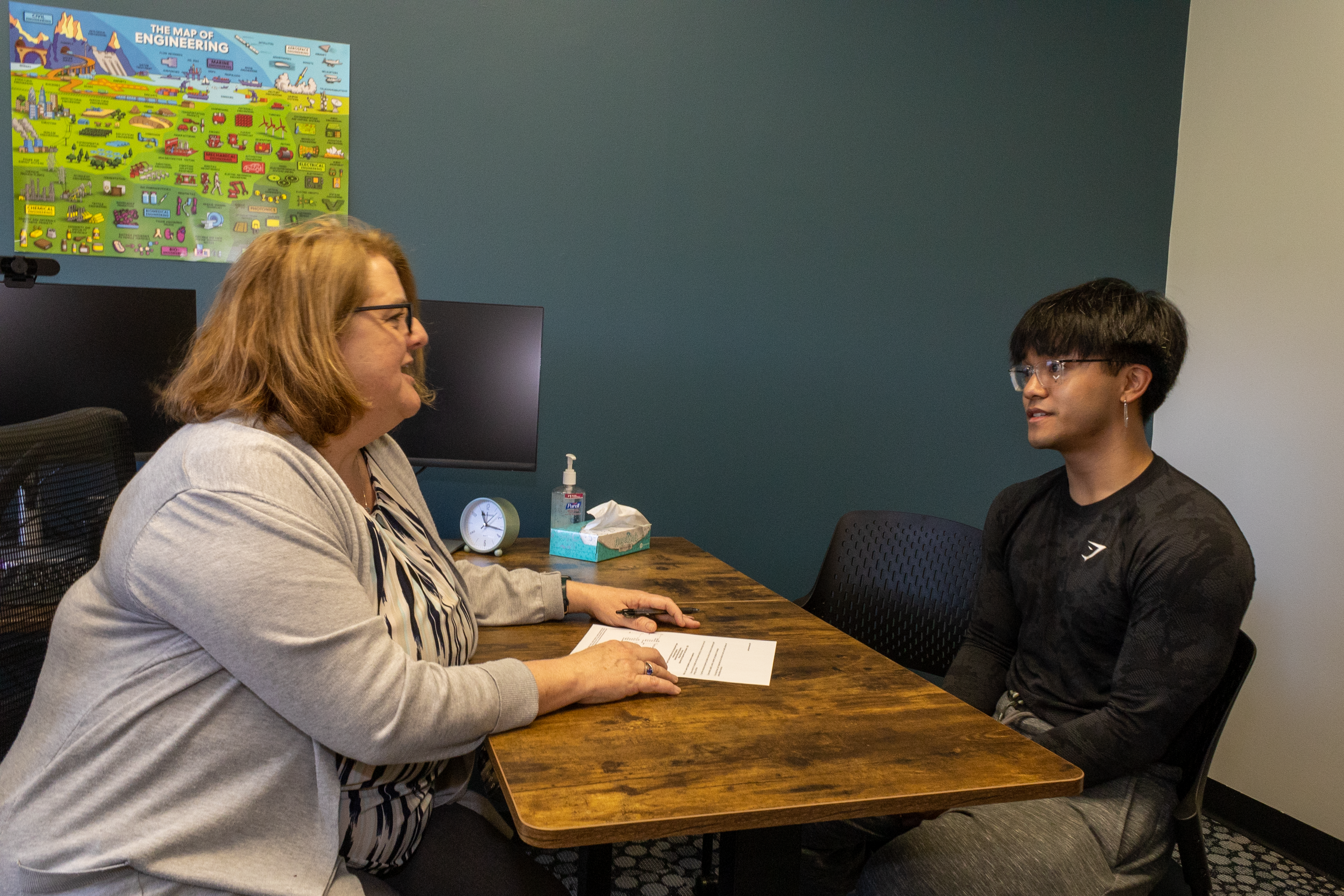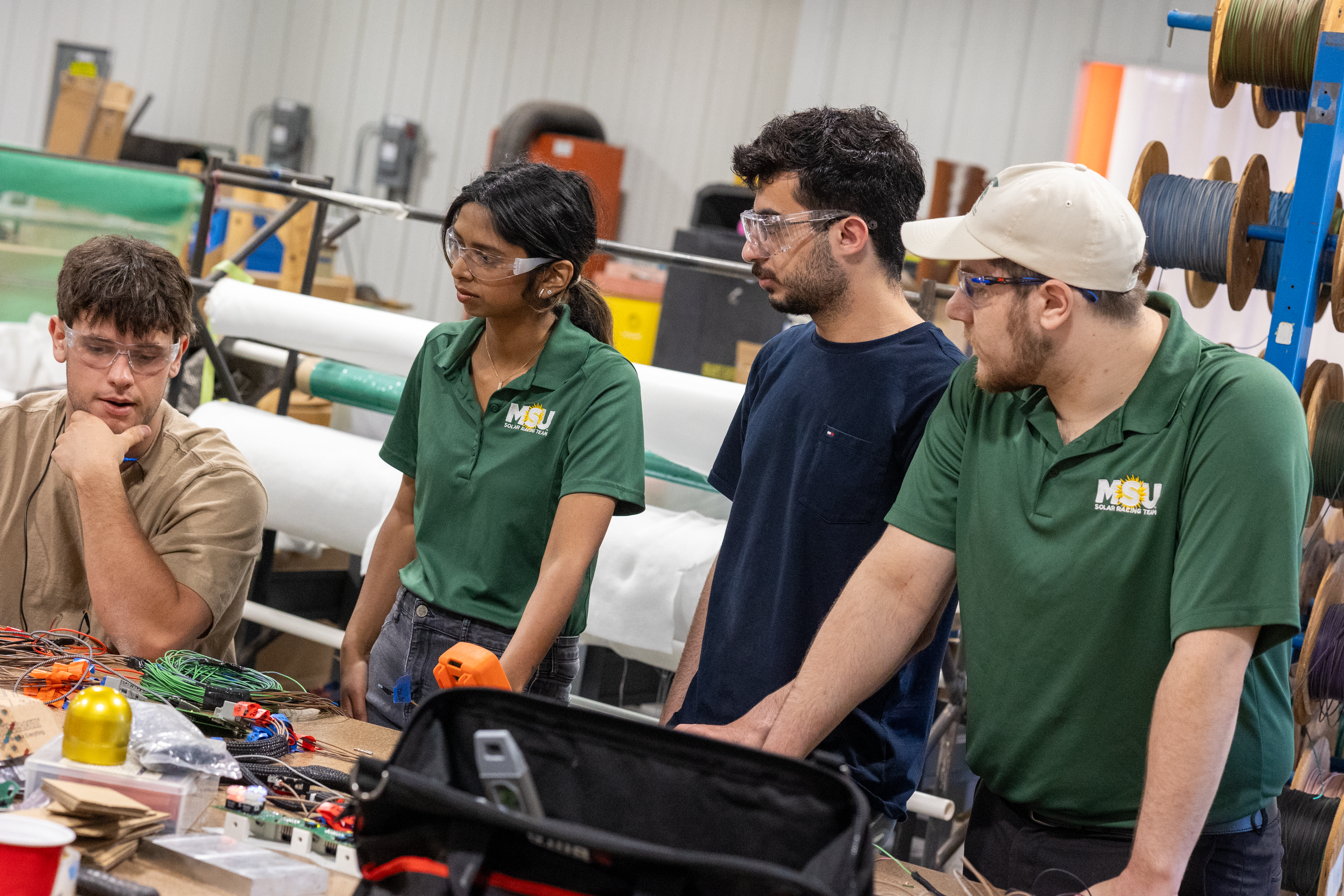In an era of ever-hungry consumer electronics, scientists at Michigan State University teamed up with researchers at General Motors to make progress on improving the life of lithium-sulfur (Li-S) batteries.

Researchers including Yue Qi, a professor of chemical engineering and material science, her former PhD student Yuxiao Lin, and investigators led by Mei Cai at GM have determined a way to optimize the performance and energy density of Li-S batteries.
Their results have been published in an article, "Cathode porosity is a missing key parameter to optimize lithium-sulfur battery energy density," in Nature Communications.
"Our reliance on batteries will keep increasing on cell phones, the transportation industry, or storage of renewable energy," Qi said. "Lithium-sulfur batteries promise higher energy density at lower cost than traditional lithium-ion batteries."
For high-energy lithium-sulfur batteries, a dense electrode with low porosity is desired to minimize electrolyte intake, weight, and cost. Qi said their research demonstrated that the battery discharge performance changed significantly when the porosity in the sulfur/carbon composite cathode dropped from 70 percent to 40 percent. They found that the optimum performance occurs with 50 percent porosity determined by modeling and experiments.
"Batteries need to have higher energy density and be lower cost, long-lasting and compact," she added. "The work calls the attention of the battery research community to optimize the porosity to balance the performance and energy density of Li-S batteries."

Lin is now a postdoctoral researcher at the Idaho National Laboratory. He graduated from MSU in May 2019 with an Outstanding Graduate Student Award and PhD in material science. The current research was done in collaboration with General Motors as part of Lin's summer internship.






